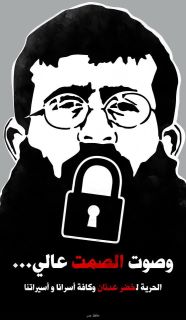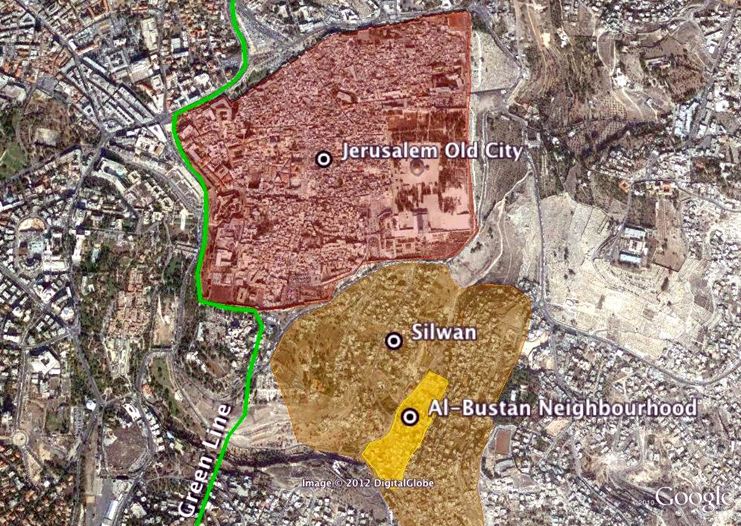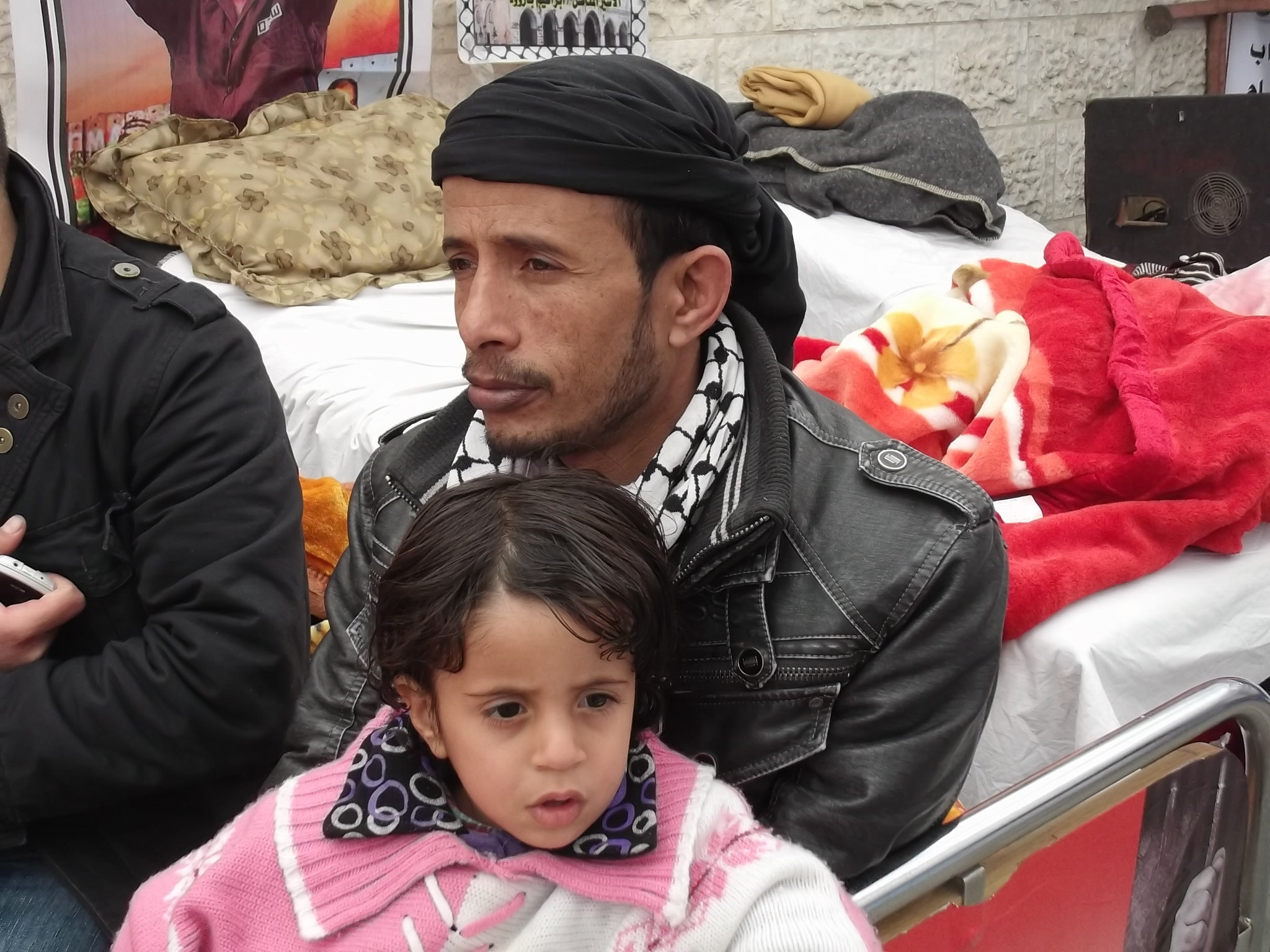Category: In the Media
-
Take Urgent Action: Appeals Decision Delayed as Khader Adnan Dying to Live
12 February 2012 | Samidoun- Palestinian Prisoner Solidarity Network Khader Adnan, Palestinian political prisoner being held under administrative detention, is now entering his 57th day of hunger strike and facing a severe health crisis. Despite the fact that Khader Adnan risks death with every minute that passes, the Israeli military court system is delaying decisions…
-
88 Palestinian houses to be demolished for Israeli park
11 February 2012 | Al Haq Palestinian residents of East Jerusalem continue to face an increased threat of home-demolition and forced eviction. The neighbourhood of Silwan, located to the south of the old city of Jerusalem, and with a population of over 50,000 Palestinians, is at particular risk. The city municipality, whose unilaterally drawn borders…
-
In photos: On hunger strike in Gaza
by Mya Guarnieri 10 February 2012 | Alternative Information Center A number of Gazans have joined Khader Adnan’s hunger strike to protest the inhumane conditions that Palestinian political prisoners face in Israeli jails. Israel often holds Palestinians in administrative detention without charges, depriving detainees of their right to due process. Adnan has been on hunger…



